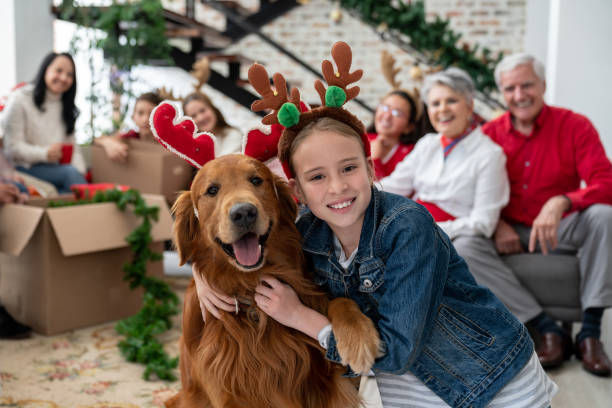Wildfire Smoke and Your Pet
- Aardvark Animal Hospital
- Jun 29, 2023
- 1 min read
Updated: Oct 17, 2025
Poor Air Quality - Are my pets safe?

As irritating as smoke can be to people, it can cause health problems for animals as well. Smoke from wildfires and other large blazes affects pets, horses, livestock and wildlife. If you can see or feel the effects of smoke yourself, you also should take precautions to keep your animals – both pets and livestock – safe.
Animals with cardiovascular or respiratory disease are especially at risk from smoke and should be closely watched during all periods of poor air quality. Look for the following signs of possible smoke or dust irritation in animals. If any of your animals are experiencing any of these signs, please consult your veterinarian.
Coughing or gagging
Difficulty breathing, including open mouth breathing and increased noise when breathing
Eye irritation and excessive watering
Inflammation of throat or mouth
Nasal discharge
Asthma-like symptoms
Increased breathing rate
Fatigue or weakness
Disorientation or stumbling
Reduced appetite and/or thirst
Tips to protect pets
Keep pets indoors as much as possible, and keep your windows shut.
Birds are particularly susceptible and should not be allowed outside when smoke or particulate matter are present.
Let dogs and cats outside only for brief bathroom breaks if air quality alerts are in effect.
Avoid intense outdoor exercise during periods of poor air quality. Exercise pets when dust and smoke has settled.
Have a pet evacuation kit ready, and include your animals in your disaster preparedness planning.
https://www.avma.org/resources/pet-owners/emergencycare/wildfire-smoke-and-animals



Comments